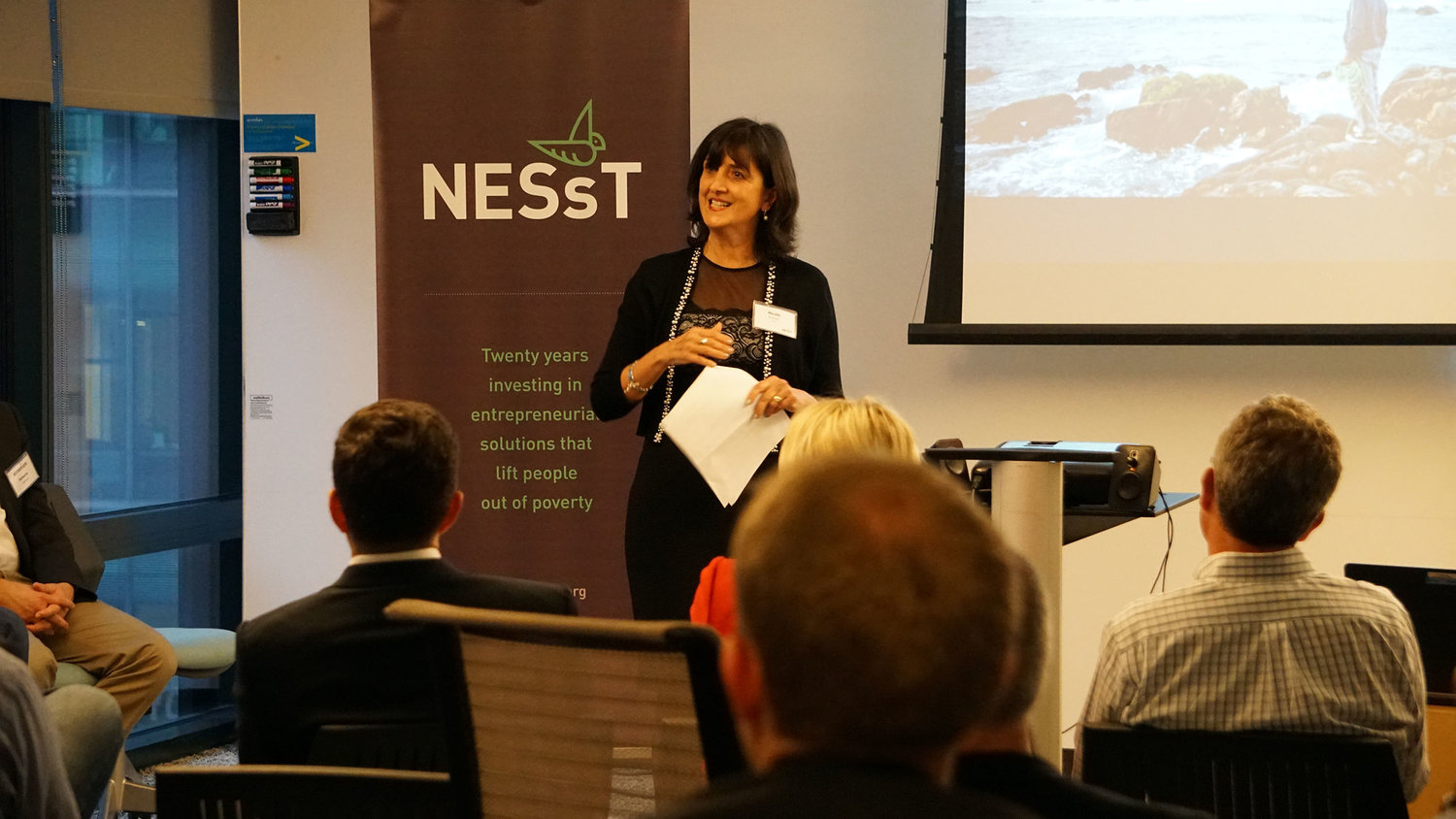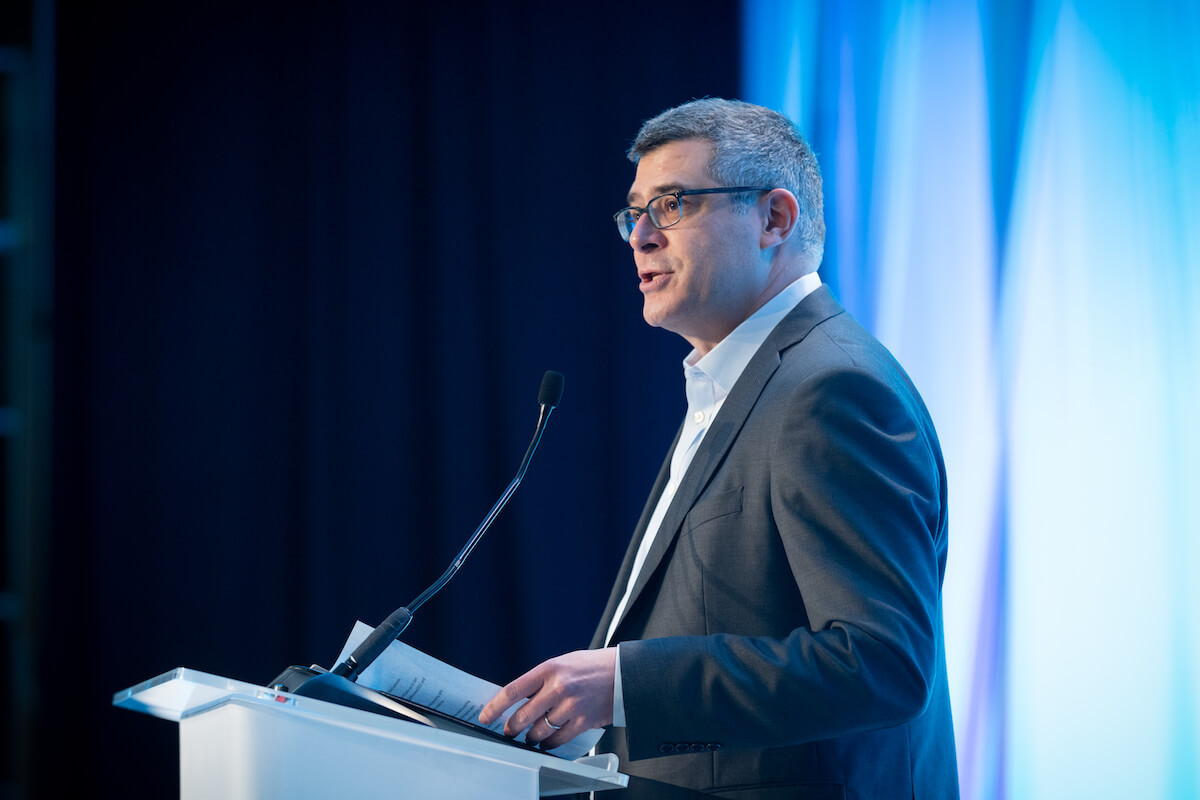ImpactAlpha, March 20 – The social enterprise incubator is raising its first impact fund since its launch nearly 20 years ago. Since launching the fund in January, NESsT has secured $3 million towards a $20 million goal.
NESsT supports social enterprises in Latin America and Europe working to alleviate poverty in vulnerable communities. It has worked with more than 185 enterprises supporting nearly 50,000 jobs and income generating opportunities. The entrepreneurs in its Latin America network source products and services from indigenous communities, subsistence farmers, and biodiverse areas in the Amazon.
Its decision to raise a fund arose from a persistent lack of funding, like working capital and inventory loans, for the entrepreneurs its network. “We saw entrepreneurs in our incubation program not growing because of a lack of impact capital for early-stage businesses,” NESsT wrote on its blog. The organization first tried matchmaking between entrepreneurs and investors, but the deals it was offering were “too small, too rural, too urban, too soon, too late.”
“Our aim is to push the boundaries of impact investing,” NESsT’s Loic Comolli told ImpactAlpha. “How do we make it reach areas outside of the traditional sectors or urban areas? We’re developing deal flow in indigenous communities, spaces of high biodiversity and post-conflict areas.”
NESsT’s fund is set up as a flexible loan fund for early stage businesses seeking up to $200,000 in debt. The organization is looking to support up to 80 enterprises that will enable employment of up to 30,000 people. NESsT intends to track income growth and job security (i.e. securing formal contracts) as measures of impact.
NESsT is receiving “lots of interest (and growing) in the fund’s blended finance structure that combines philanthropy with impact investing to reach small and medium enterprises,” Comolli said.
The fund is backed by the Tides, Woodcock and Swift foundations, as well as NESsT itself. Citi Foundation provided a grant to provide business support for borrowers. It was developed with support from the Underdog Foundation, the philanthropic arm of Vermont-based impact investor Underdog Ventures.











